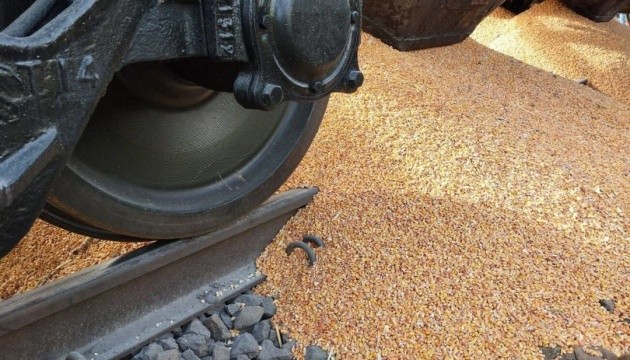 |
| Tensions on the Poland-Ukraine border 'heat up', Kiev blames three reasons behind, including the Russian factor. In the photo: On the night of February 25, Ukrainian agricultural products were dumped from 8 train cars onto the yard of Poland's Kotomierz station, damaging 160 tons of grain. (Source: Ukrinform) |
The ongoing crisis around Ukraine's grain exports on the border with Poland is caused by three factors, Ukrainian Foreign Minister Dmytro Kuleba said at a joint meeting with his German counterpart Annalena Baerbock.
Accordingly, Mr. Kuleba said that the first factor causing the crisis on the Ukraine-Poland border is the economic problems that Europe is facing, while Ukraine is not the biggest problem.
The second problem is that Russia's intelligence and propaganda apparatus has effectively exploited these issues to direct European anger at Kiev.
“Together with the Polish side, we see how Russia is actively promoting the exploitation of this issue. For some reason, protesters speak out about the problems caused by Ukrainian grain, while remaining “silent” about Russian grain, which continues to flow into Europe,” said Dmytro Kuleba.
And the third factor, according to the Ukrainian Foreign Minister, is provocative actions that escalate the situation. “If there had not been provocations involving the dumping of Ukrainian crops from crop transport vehicles, these issues could have been resolved calmly,” Kuleba analyzed.
Foreign Minister Kuleba believes that the Polish government is determined to resolve the current issue professionally. “Ukraine will not be provoked and no one will succeed in strategically pitting Poland and Ukraine against each other,” Kuleba stressed.
However, just before that, on February 23, Ukrainian Prime Minister Denis Shmigal announced that the country had the right to retaliate against Poland if Warsaw failed to persuade its farmers to stop protesting and blocking border crossings.
Reuters quoted Mr. Shmigal on the official Telegram channel, declaring: "The issue of border blockade must be resolved before March 28 - the time when the Ukrainian and Polish governments are scheduled to hold a joint session."
Prime Minister Shmigal confirmed that Ukraine has not sold grain to Poland in the past five months and that Kiev only uses Polish territory for deliveries to other countries. Therefore, if Kiev's request is not met, Ukraine reserves the right to introduce corresponding measures regarding entry points.
Earlier, on February 19, Ukrainian President Volodymyr Zelensky also criticized Polish farmers for protesting at the border, eroding solidarity with Ukraine and threatening the country's security. "What is happening on the western border with Poland cannot be considered normal. In fact, the issue is not about grain but about politics."
Not only that, the tension is actually still being pushed up, when on the night of February 25, Ukrainian agricultural products were spilled from 8 train cars at Kotomierz station in Poland, causing 160 tons of grain to be damaged. This incident was mentioned by the Ministry of Community, Territories and Infrastructure Development of Ukraine on the social networking site Facebook .
“A new act of sabotage – on the night of February 24-25, Ukrainian agricultural products were dumped from eight open-top wagons at the Kotomierz station. The cargo was in transit to the port of Gdansk, from where it was shipped to other countries around the world,” the ministry said.
Minister of Communities, Territories and Infrastructure Development of Ukraine Oleksandr Kubrakov stressed that Kiev is fulfilling its obligations in good faith. According to the agreement with the Polish government, some Ukrainian agricultural products are not exported to Poland. And this has also been officially confirmed - no grain, corn or rapeseed are exported to Poland.
"This is the fourth case of sabotage at Polish stations. The fourth case of irresponsibility and impunity," Mr Kubrakov said.
Earlier, on February 20, protesting Polish farmers blocked the railway near the Medyka checkpoint on the border with Ukraine, dumping grain from a freight car onto the tracks.
At around 9:00 a.m. on February 23, at the Dorohusk railway checkpoint, unidentified people also dumped rapeseed from three grain wagons bound for Germany.
Then, on February 24, at around 9:00 a.m., at Poland's Dorohusk station, unidentified people damaged wagons carrying Ukrainian beans for export.
Thus, the border blockade by Polish farmers has lasted since the beginning of November 2023. At different times, many freight carriers have also joined these protests. At its peak on February 9, Polish farmers protested on highways, blocking the flow of goods to checkpoints on the border with Ukraine. Farmers protested against what they considered to be excessive imports of Ukrainian products into the Polish market.
In fact, not only Polish peasants, the wave European farmers have been protesting for weeks now. They have driven tractors to block roads and ports, causing traffic jams, and even driven trucks to surround the European Parliament building.
Farmers, especially in Eastern Europe, continue to voice their discontent over cheap agricultural imports from Ukraine, including grains, sugar and meat. The EU had previously exempted Ukrainian imports from quotas and tariffs after the conflict in Ukraine broke out.
In addition, according to CNN 's commentary, the reason is also dissatisfaction with economic policies - including environmental policies. Farmers in each member country also have their own reasons for calling for protests. They are dissatisfied with the rising costs of energy, fertilizer, and transportation while governments reduce food prices in the context of inflation.
Data from the European Statistical Office (Eurostat) shows that prices for agricultural products peaked in 2022. Prices then fell by an average of nearly 9% from Q3/2022 to Q3/2023 but remained high.
Source








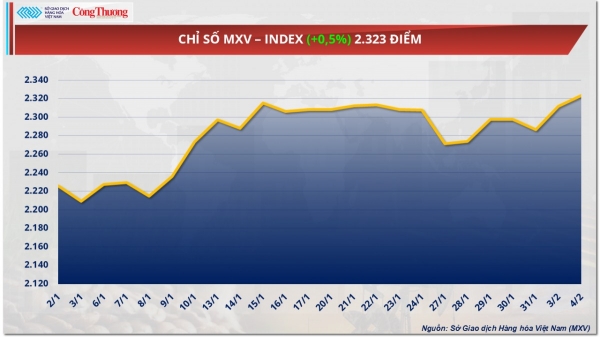

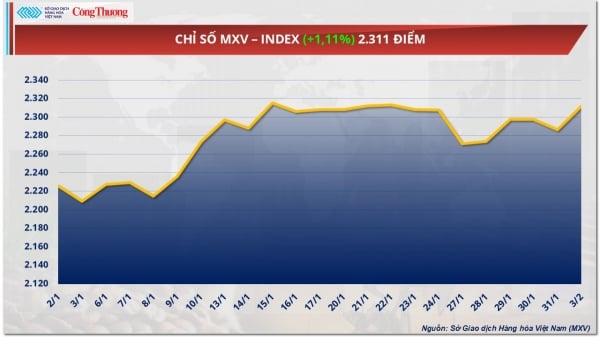
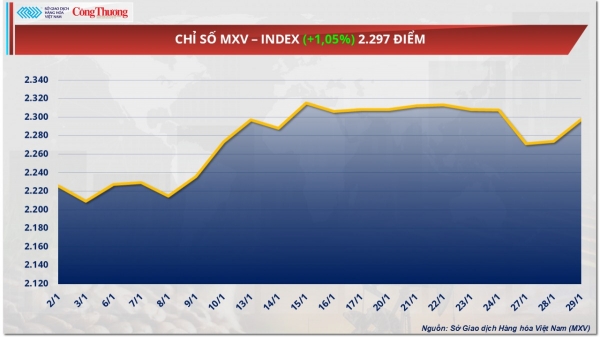
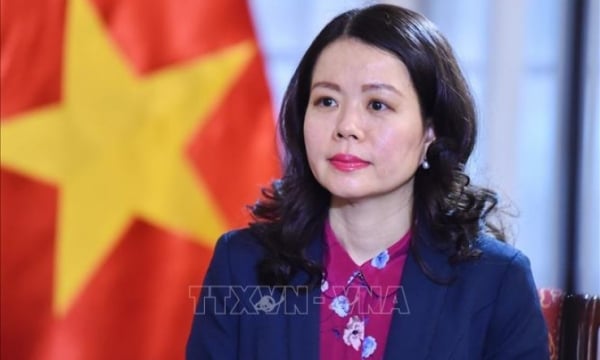

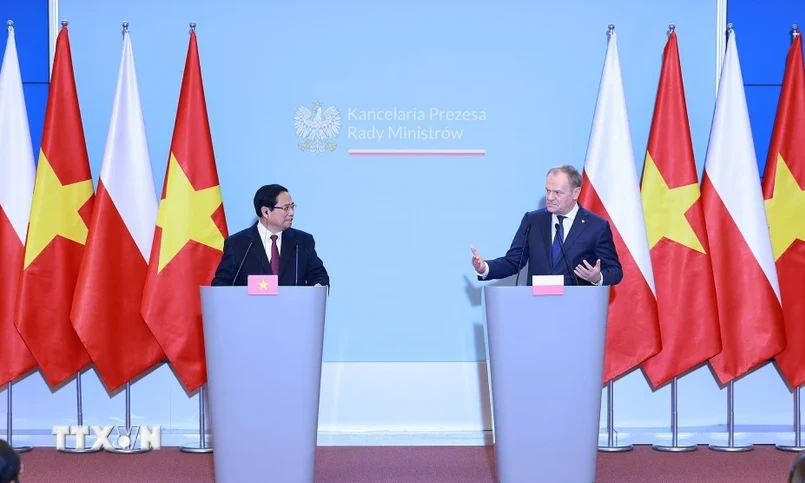




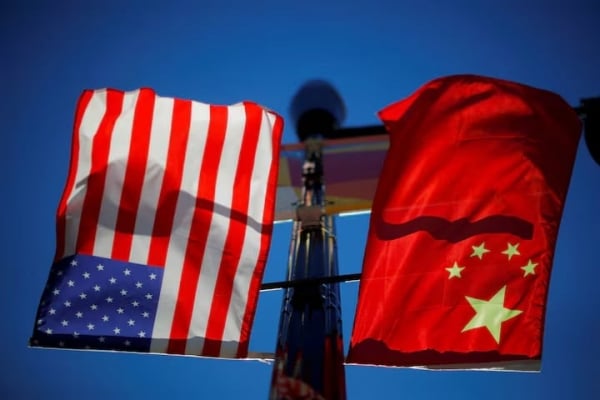



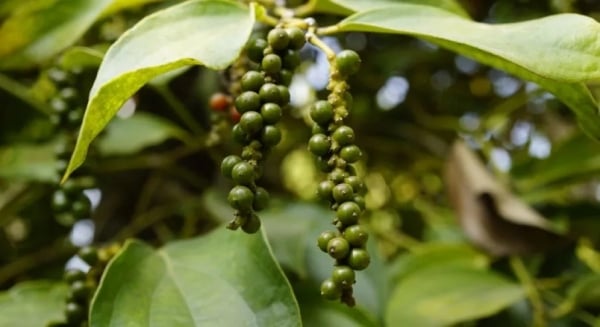















![[Photo] Prime Minister Pham Minh Chinh chairs Government Conference with localities on economic growth](https://vstatic.vietnam.vn/vietnam/resource/IMAGE/2025/2/21/f34583484f2643a2a2b72168a0d64baa)





























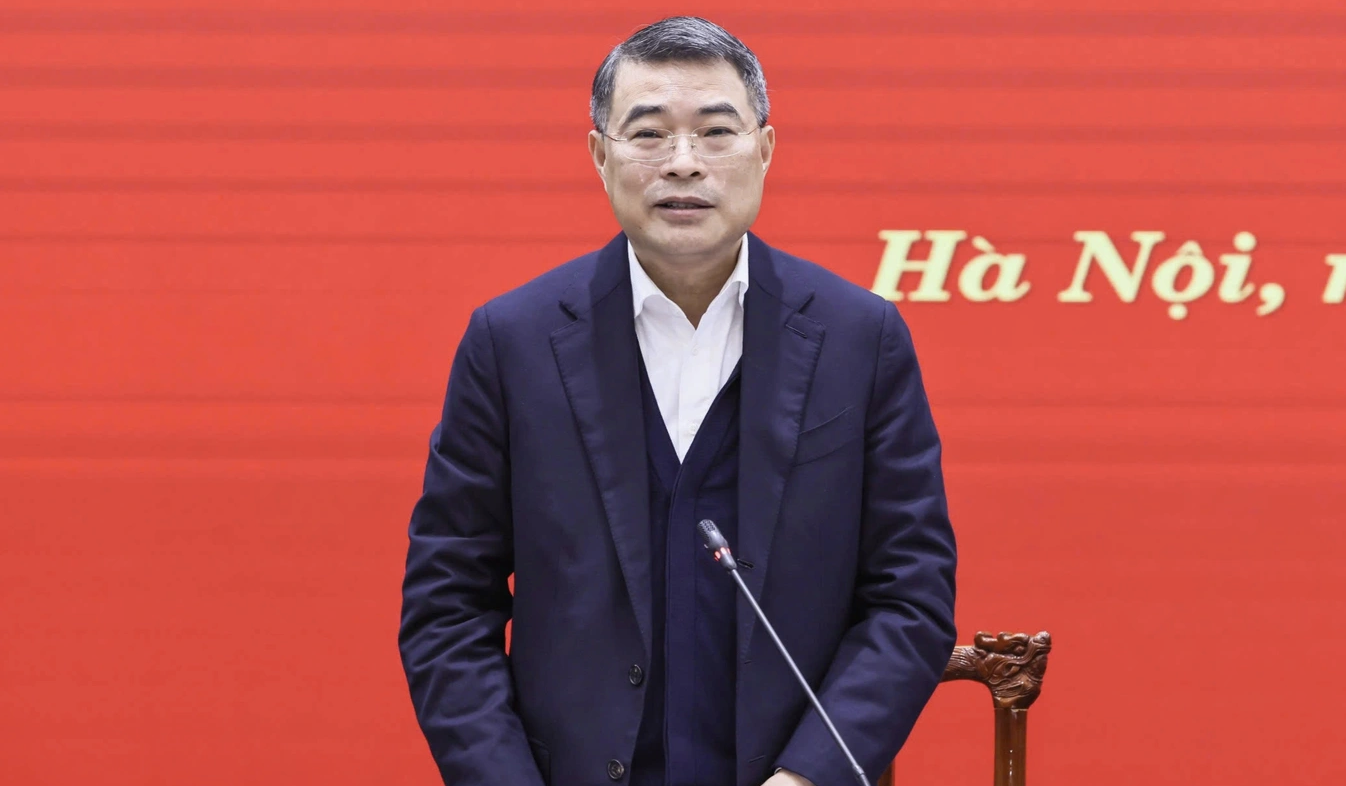






























Comment (0)